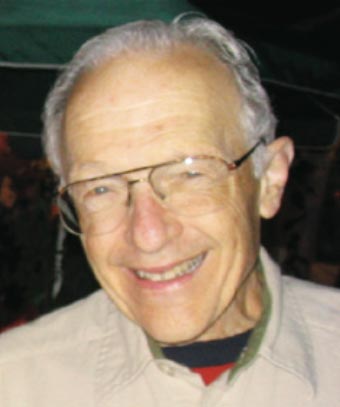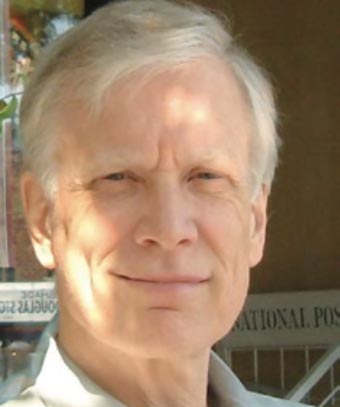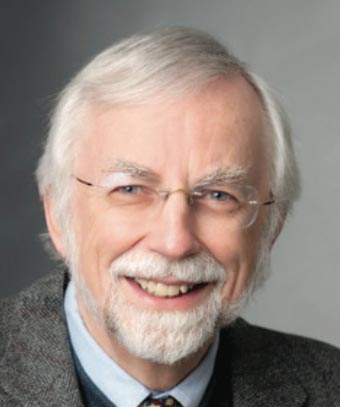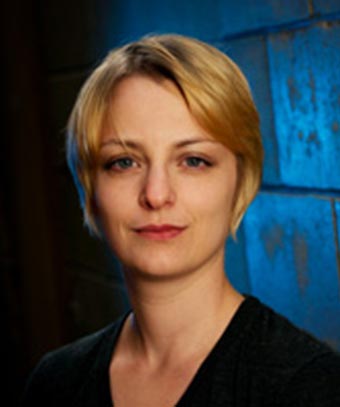
August 6–9, 2015
Eugene, Oregon
FRAMING:
Sanctifying the Bogus and Demonizing the
Scientific

August 6–9, 2015
Eugene, Oregon
FRAMING:
Sanctifying the Bogus and Demonizing the
Scientific
Skeptics believe that we should accept or reject claims according to scientific evidence. Unfortunately, what persuades most people has little to do with the logical and scientific support for a claim. Most people, including many who call themselves skeptics, become persuaded not by logic or science but by emotional and other non-evidential aspects of arguments. Dramatic examples of such non-scientific and irrational bases for belief can be found in what is called “the framing effect.” Daniel Kahneman (Thinking, Fast and Slow) describes framing as follows: “Different ways of presenting the same information often evoke different emotions.”
An experiment by Amos Tversky at the Harvard Medical School in 1982
provides an example. The participants were physicians. Their task was
to decide, on the basis of outcome statistics, whether to recommend
either surgery or radiation for their patients with lung cancer. Half
of the physicians were told that, “The one-month survival rate for
surgery is 90%.” Given this information, 84% of the physicians chose
to recommend surgery over radiation.
The other physicans were provided with this information about surgery
outcomes: “There is a 10% mortality rate in the first month.” Given
this latter information, only 50% of the physicians recommended
surgery. As you may have realized, the two statements describe the
same outcome. However, when the same outcome statistics are framed in
terms of “survival,” substantially more physicans (as well as
patients) choose the surgery. But when the outcomes are framed in
terms of “mortality” the percentage of physicians who choose
surgery drops greatly. Such framing effects have been
demonstrated in politics, medicine, food choices, advertising, and all
areas in which people make choices. This year, the Skeptic’s
Toolbox will examine framing effects in journalism, medicine,
politics, and other areas in which people have to choose to
believe or reject dubious claims. We will focus not only on
how framing changes the acceptability of a claim, but also the
backfire effect—which refers to how providing evidence against a
claim often strengthens, rather than weakens, the belief in that
claim.
University of Oregon
Living Learning Center
1475
East 15th Avenue
Eugene, Oregon 97403
Registration: Living Learning Center Performance
Hall
Workshop Sessions: Living Learning Center
Performance Hall
Accommodations: Living
Learning Center Residence Hall
Meals: Carson
Cafeteria (except Saturday dinner, which is at the Living Learning
Center Performance Hall)

2:00—5:00pm:
Registration and Meet and Greet
LLC Performance Hall
7:00—10:00pm:
Introduction and Overview
Ray Hyman
KEYNOTE ADDRESS
Framing the Message: Who (Says) What (to) Whom (in) What Channel
(with) What Effect
James Alcock
9:00—10:15am:
Cold Reading as Framing
Ray Hyman
10:45am—12:00pm:
Teams will assemble and begin work.
2:00—3:15pm:
Hypnotists Re-Framing Themselves: From Entertainer to
Therapist
Loren Pankratz
3:45—5:00pm:
Teams work on assignments.
7:00—10:00pm:
Framing the Message in Medicine and Alternative Medicine
Harriet Hall
9:00—10:15am:
Framing in Journalism
Lindsay Beyerstein
10:45am—12:00pm:
Teams continue assignments.
2:00—3:15pm:
SIS TALKS
Three participants each make a brief
presentation.
3:45—5:00pm:
Teams work on assignments.
7:00—10:00pm:
Dinner in LLC Performance Hall
“In the Trenches” Award
Magic: Jay Frasier, Ron Friedland, Ray Hyman
9:30—11:30am:
Teams make their reports.

Ray Hyman
Professor emeritus of psychology,
University of Oregon; CSI fellow. Ray is the creator of the Skeptic’s
Toolbox and the developer of the workshop syllabus. At a 2003
conference, he received CSI’s highest honor with the In Praise of
Reason award. To read more about Ray, please visit
the transcript of James Alcock’s presentation speech, which appeared in the March/April 2004 issue of the
Skeptical Inquirer.

James Alcock
Professor of psychology, York
University Toronto, Ontario; CSI fellow.

Harriet Hall, MD
Retired family physician and
flight surgeon. Writer on the subjects of quackery, pseudoscience,
critical thinking, and alternative medicine, Dr. Hall is also known as
The SkepDoc from her regular column in Skeptic magazine. She
is a contributing editor to both Skeptic and
Skeptical Inquirer magazines, an editor of the
Science-Based Medicine blog, and an advisor to Quackwatch.
Her website is
www.skepdoc.info.

Loren Pankratz
Forensic psychologist, Oregon
Health Sciences, University of Oregon; CSI fellow.

Lindsay Beyerstein
Lindsay Beyerstein is an
investigative journalist in Brooklyn, New York. Her reporting has
appeared in
Slate, The Columbia Journalism Review, Newsweek, Al Jazeera
America, The New Republic,
and other publications. Her photography has appeared
The Wall Street Journal, the New York Times'
City Blog, and other outlets. She is the co-host of
Point of Inquiry, a radio show and podcast produced by the
Center for Inquiry. She is the lead writer at the Sidney Hillman
Foundation, a non-profit dedicated to honoring excellence in socially
conscious journalism.